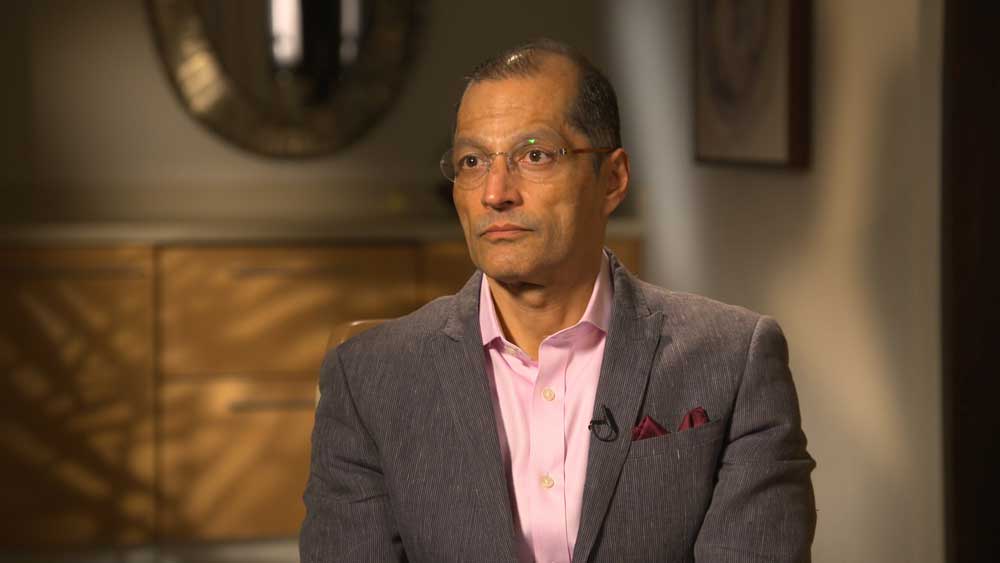We’ve seen the critical pursuit of new treatments for age-related Macular Degeneration dragged down by high-profile clinical trial failures by leaders including Ophthotech and Regeneron. The question facing retinal leaders is…
Can Combination Therapies Make a Comeback?
We’ll ask those questions and more at the upcoming OIS@ASRS to be held August 10 in Boston. At the meeting, our second annual retinal event, we’ll convene a panel of experts including Pravin Dugel, MD, a clinical professor at Roski Eye Institute, Keck School of Medicine at the University of Southern California (USC) and managing partner of Retinal Consultants of Arizona. In a recent OIS Podcast, we asked Dr. Dugel for his views on this promising, but vexing clinical area.

Why have Phase III clinical trials been so disastrous?
Dr. Dugel explained that these trials have shown the treatment ceiling for Wet AMD is “really high.” Current treatments work well enough, and while new drugs can show promise in early-stage clinical trials, the burden for proof becomes higher in late-stage trials. “It is actually very difficult to get an incremental benefit to current anti-VEGFA monotherapy,” he says. “Yes, current treatments have reached a ceiling. We all understand that. But again, that ceiling is pretty darn high.”
If current treatments work so well why is the demand for new treatments so great?
Dr. Dugel says current monotherapies may perform better in control groups in clinical trials than in real life. Outside of clinical trials, patients don’t come in every month for treatments. So the high ceiling established in clinical trials doesn’t compare to real life. The other issue is durability. “There isn’t a single study that lasts in real life for more than four years that shows anything but decline of vision in patients with wet macular degeneration to beneath baseline,” Dr. Dugel states. “I mean just think about that. These patients live for 10 to 15 to 20 years, but there’s not a single study that shows sustained benefit for more than four years.” So we need better therapy.
So is there reason for hope?
To hear this answer and more, join us on August 10 in Boston where Dr. Dugel and other luminaries will share their insights on the future of treatment for macular degeneration and diabetic macular edema. OIS@ASRS is the only place where KOLs, entrepreneurs, executives, and investors share the stage to discuss insights and innovation in retinal disease.
For a broader view of the anterior and posterior therapies, register now for the ninth annual OIS@AAO scheduled to be held November 9 in New Orleans.
Or register for our OIS@ASRS & OIS@AAO Double Play right now and you’ll save nearly $300, close to 15% off the price of both must-attend events!


